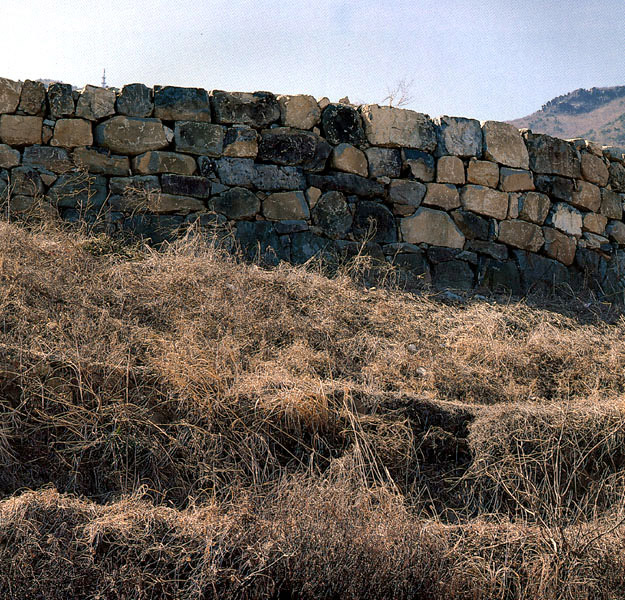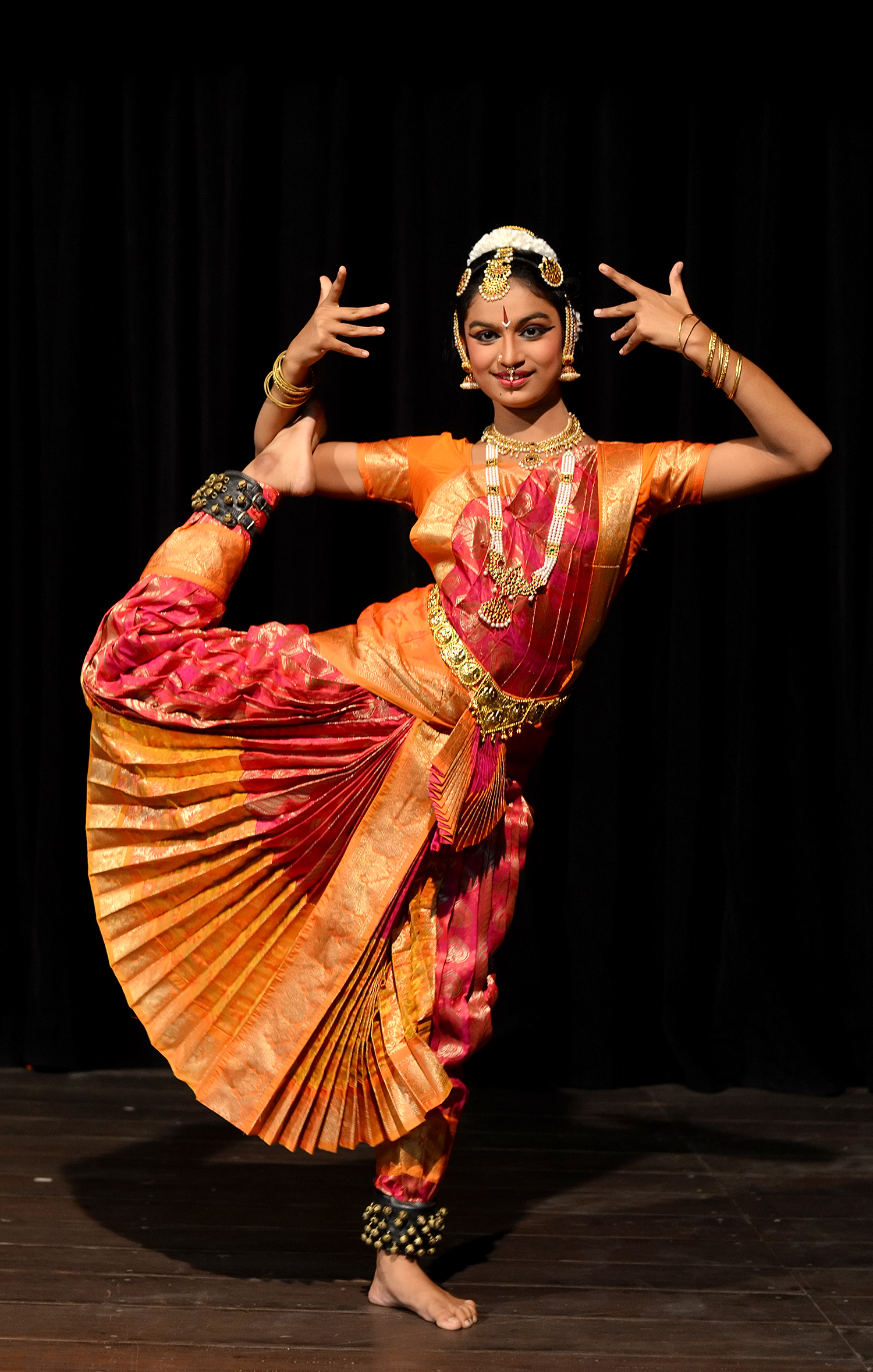|
Si-nangsong
The Si-nangsong () refers to the Korean poetry recitation style, which conveys emotions by memorizing poems. History In South Korea, it began to be known to the public through a festival called 'Hurrah for the Poets' in 1967. At that time, many poets participated in the festival, and the poetry recitation contest for the general public was held for the first time. Since then, there have been many poetry recitation contest and groups in South Korea. Even now, there are many contest participating in the competition. Si-nangsong-ga ''Si-nangsong-ga'' refers to a Korean poetry recitation expert. Usually, it is awarded to the winner of the contest. Currently, the title ''Si-nangsong-ga'', which is certified by the Society of Korean Poets, is awarded only to the winner of the JEI poetry recitation contest. In South Korea, groups of organizations centering around these ''Si-nangsong-ga'' are conducting poetry recitation activities. Currently, the largest group of ''Si-nangsong-ga'' i ... [...More Info...] [...Related Items...] OR: [Wikipedia] [Google] [Baidu] |
JEI Corporation
JEI Corporation (JEI: Jaeneung Educational Institute) is a Korean educational company founded in 1977. Currently, the headquarters is located at 293 Changgyeonggungro, Jongno-gu, Seoul. The company is known for its supplementary education programs for children and adults. JEI offers supplementary learning programs for home education, operating self-learning centers for children ( JEI Learning Center) and establishes a general education network in various fields including publishing, broadcasting, IT, printing, distribution, culture and arts. In particular, the company has been supporting Si-nangsong(poetry recitation) for 27 years since 1991. The founder, Sung-hoon Park, was honored as an honorary poet at the Society of Korean Poets for his contribution to promote the 'Si-nangsong' in Korea. Also, the JCC Art Center located in Hyehwa-dong, recognized as the only work of renowned Japanese architect Tadao Ando in downtown Seoul, is owned and operated by JEI. Outside of S. Korea, JEI' ... [...More Info...] [...Related Items...] OR: [Wikipedia] [Google] [Baidu] |
Society Of Korean Poets
The Society of Korean Poets () is a literary organization established in 1957. It is the oldest active poetry organization in South Korea. Every year, the organization awards the Society of Korean Poets Award, and holds the National High School Students' Literary Prize. Today it has 1,500 members. The current president is Choi Dong-ho. The current office is located at Unni-dong 65–1, Jongno-gu, Seoul. The past presidents are Yu Chi-hwan, Cho Chi-hun, Chang Man-yong, Shin Seok Cho, Park Mok-wol, Jung Han Mo, Cho Byung-hwa, Kim Nam-jo, Kim Chunsu, Kim Jong-gil, Hong Yun-suk, Kim Kwang-lim, Lee Hyeonggi, Sung Chan-gyeong, Chyung Jinkyu, Huh Young-ja, Lee Geunbae, Kim Jong-hae, Oh Sae-Young, Oh Takbeon and Kim Jong-chul. Event activities * Society of Korean Poets Award * National High School Student Essay Contest * Si-nangsong (poetry recitation) event ** JEI Poetry Recitation Contest (joint hosting: JEI Corporation) See also * Honorary Poets * Si-nangsong The Si-nan ... [...More Info...] [...Related Items...] OR: [Wikipedia] [Google] [Baidu] |
Honorary Poets
Honorary Poets are called 'Myung-ye Si-in' in Korea and are the honorary members of the Society of Korean Poets. Originally, the members of the Society of Korean Poets are subject to poets. However, if a person approves and respects the purpose of the association and contributes greatly to the advancement of Korean poet literature, he serves as an honorary member of the Society of Korean Poets. An Honorary Poets shall decide through the Board of Directors under the Society's Articles of Association. The first honorary award was on November 1, 1987. It marks the first day of ''Poetry Day'' in Korea. Moreover, it is also the third day that 'Hurrah for the Poets', which became the beginning of the popular 'Si-nangsong'(poetry recitation). Kim Sung-woo was chosen as the first Honorary Poet to earn recognition for his achievement that launched poetry recitation movement through 'Hurrah for the Poets'. Since then, Kim Soo-nam, Kim Yang-dong, Park Sung-hoon and Shin Chang-jae have been ... [...More Info...] [...Related Items...] OR: [Wikipedia] [Google] [Baidu] |
Poetry Recitation Contest 1
Poetry (derived from the Greek ''poiesis'', "making"), also called verse, is a form of literature that uses aesthetic and often rhythmic qualities of language − such as phonaesthetics, sound symbolism, and metre − to evoke meanings in addition to, or in place of, a prosaic ostensible meaning. A poem is a literary composition, written by a poet, using this principle. Poetry has a long and varied history, evolving differentially across the globe. It dates back at least to prehistoric times with hunting poetry in Africa and to panegyric and elegiac court poetry of the empires of the Nile, Niger, and Volta River valleys. Some of the earliest written poetry in Africa occurs among the Pyramid Texts written during the 25th century BCE. The earliest surviving Western Asian epic poetry, the ''Epic of Gilgamesh'', was written in Sumerian. Early poems in the Eurasian continent evolved from folk songs such as the Chinese ''Shijing'', as well as religious hymns (the Sanskrit ''Ri ... [...More Info...] [...Related Items...] OR: [Wikipedia] [Google] [Baidu] |
Poetry
Poetry (derived from the Greek ''poiesis'', "making"), also called verse, is a form of literature that uses aesthetic and often rhythmic qualities of language − such as phonaesthetics, sound symbolism, and metre − to evoke meanings in addition to, or in place of, a prosaic ostensible meaning. A poem is a literary composition, written by a poet, using this principle. Poetry has a long and varied history, evolving differentially across the globe. It dates back at least to prehistoric times with hunting poetry in Africa and to panegyric and elegiac court poetry of the empires of the Nile, Niger, and Volta River valleys. Some of the earliest written poetry in Africa occurs among the Pyramid Texts written during the 25th century BCE. The earliest surviving Western Asian epic poetry, the '' Epic of Gilgamesh'', was written in Sumerian. Early poems in the Eurasian continent evolved from folk songs such as the Chinese ''Shijing'', as well as religious hymns (the S ... [...More Info...] [...Related Items...] OR: [Wikipedia] [Google] [Baidu] |
Geoje
Geoje (Hangeul: ; Hanja: 巨濟; ) is a city located in South Gyeongsang province, just off the coast of the port city of Busan, South Korea. Daewoo Shipbuilding & Marine Engineering (former Daewoo Shipyard) in Okpo and Samsung Heavy Industries (SHI) in Gohyeon are both located on Geoje Island. The city also offers a wide range of tourist sights. The city is made up of a number of islands, of which by far the largest is Geoje Island. There are multiple dong in the city: Jangpyeongdong, Okpo-dong and Gohyeon. Etymology Geoje is Korean for "''great rescue''", from the syllables "''geo''" () meaning great, and "''je''" () meaning rescue. History Geoje has a history stretching back thousands of years. Various artifacts dating back to the Neolithic era have been found at archaeological digs on Naedo, Sandaldo, and Isudo. While no written history can be found from this era, the digs show evidence of numerous small establishments along the coasts. The first written mention of Geoje ap ... [...More Info...] [...Related Items...] OR: [Wikipedia] [Google] [Baidu] |
Poetry Reading
A poetry reading is a public oral recitation or performance of poetry. Reading poetry aloud allows the reader to express their own experience through poetry, changing the poem according to their sensibilities. The reader uses pitch and stress, and pauses become apparent. A poetry reading typically takes place on a small stage in a café or bookstore where multiple poets recite their own work. A more prominent poet may be chosen as the " headliner" of such an event and famous poets may also take the stage at a bigger venue such as an amphitheater or college auditorium. How early poems like the ''Illiad'' were transmitted to audiences is not clear. Modern poetry readings only became popular in the last half of the twentieth century, at least in the United States, with stars like Dylan Thomas and Robert Frost. Live poetry reading competitions, called poetry slams and beginning in the 1980s, also remain popular. Background Voice is an active, physical thing in oral poetry. It needs ... [...More Info...] [...Related Items...] OR: [Wikipedia] [Google] [Baidu] |
Performing Arts
The performing arts are arts such as music, dance, and drama which are performed for an audience. They are different from the visual arts, which are the use of paint, canvas or various materials to create physical or static art objects. Performing arts include a range of disciplines which are performed in front of a live audience, including theatre, music, and dance. Theatre, music, dance, object manipulation, and other kinds of performances are present in all human cultures. The history of music and dance date to pre-historic times whereas circus skills date to at least Ancient Egypt. Many performing arts are performed professionally. Performance can be in purpose-built buildings, such as theatres and opera houses, on open air stages at festivals, on stages in tents such as circuses or on the street. Live performances before an audience are a form of entertainment. The development of audio and video recording has allowed for private consumption of the performing arts. The pe ... [...More Info...] [...Related Items...] OR: [Wikipedia] [Google] [Baidu] |
Korean Poetry
Korean poetry is poetry performed or written in the Korean language or by Korean people. Traditional Korean poetry is often sung in performance. Until the 20th century, much of Korean poetry was written in Hanja and later Hangul. History The performance of oral songs in the religious life of the ancient Korean people is vividly recorded in Chinese dynastic histories. At state assemblies the chief ritualist would tell the story of the divine origin of the founder, as evinced by foundation myths, and his extraordinary deeds in war and peace. Recited narrative was interspersed with primal songs that not only welcomed, entertained, and sent off gods and spirits. Thus orality and performance were significant features of vernacular poetry in ancient Korea. A famous surviving example dates to 17 BC, Yuri of Goguryeo, Yuri's ''Song of the Yellow Bird'' (Hwangjoga, 황조가/黃鳥歌), written to lament the departure of his Chinese concubine Chihui. Some later Korean poetry followed the ... [...More Info...] [...Related Items...] OR: [Wikipedia] [Google] [Baidu] |


.jpg)


